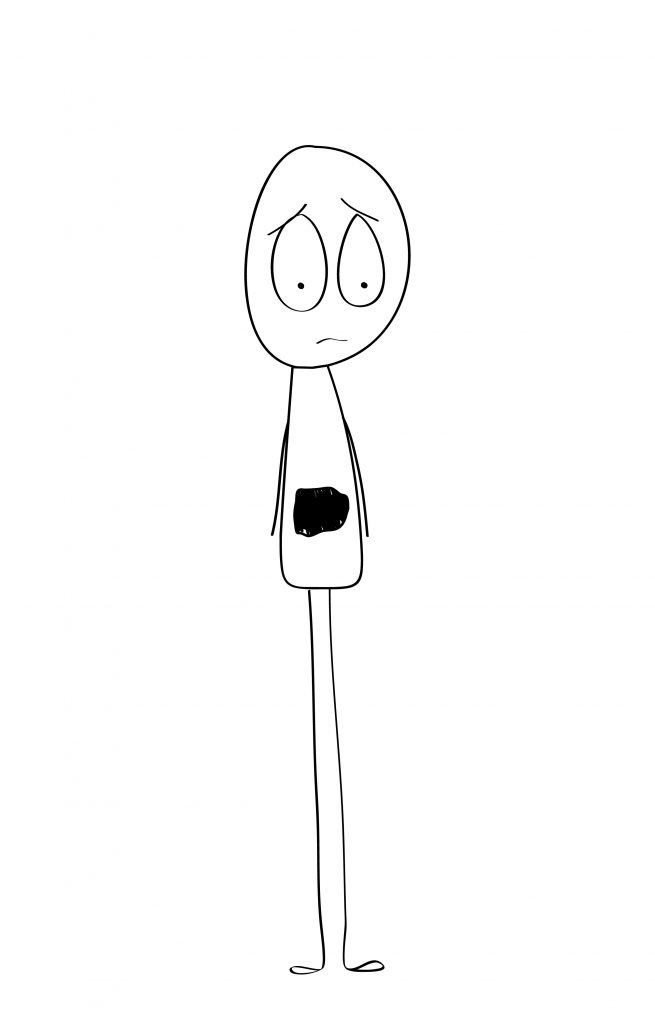 In Western societies, we often operate with a slightly artificial separation between the body and the mind. Even our health care system is distinguished into what concerns bodily ailments and disease and what concerns thoughts, feelings and experiences. Today, however, we know that the body and the mind is a lot more connected than we seem to think in our everyday life. This is especially true when it comes to emotions.
In Western societies, we often operate with a slightly artificial separation between the body and the mind. Even our health care system is distinguished into what concerns bodily ailments and disease and what concerns thoughts, feelings and experiences. Today, however, we know that the body and the mind is a lot more connected than we seem to think in our everyday life. This is especially true when it comes to emotions.
The basis of our emotions are biological, neurolological and hormonal activations that we experience as bodily sensations. For example, when you feel sad you might feel abdonomal pain, when you are scared you feel turmoil throughout your body when you are happy you might feel a pleasent warmth and calmness.
Because emotions are very much felt in the body, it also follows that we often use bodily mechanisms to regulate them. For example, most people might notice that they when they feel emotional pain they sigh, take deep preaths or tighten muscles in the stomach. Perhaps you have experienced how straining it might be to hold back your tears? While it is perfectly okay to hold back tears once in a while, it can be draining to never be able to express emotions. if you have a lot of unprocessed emotions and never express them, this usually turns into bodily ailments, pains and discomfort.
It is not uncommon for example that people who struggle with many painful feelings and never deals with them will experience stiff neck and shoulders, headaches, tension in the jaw, stumoch aches, and problems with indigestion. Some also resort to other physical ways of dealing with feelings, such as alcohol, other drugs, food or excessive exercise that in turn can cause damage to the body.
It is important to know that having painful emotions is never in itself dangerous, although it can be tiring, scary and overwhelming. It’s usually more painful to not have emotions then to have them. Often when we work with emotions in therapy we work a lot with being able to allow difficult emotions to be there, and then find good ways to deal with them or even change them. This usually reduces bodily ailments.
